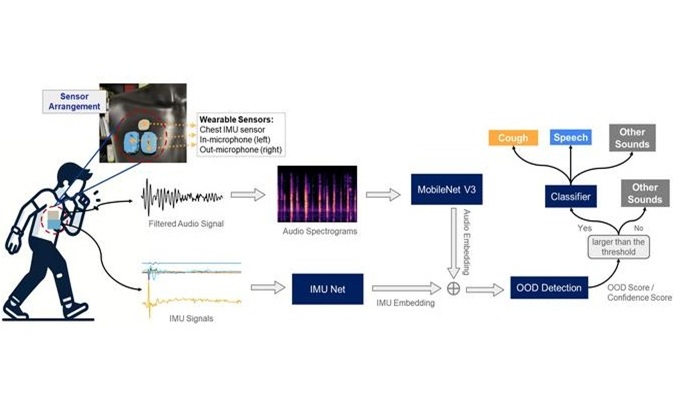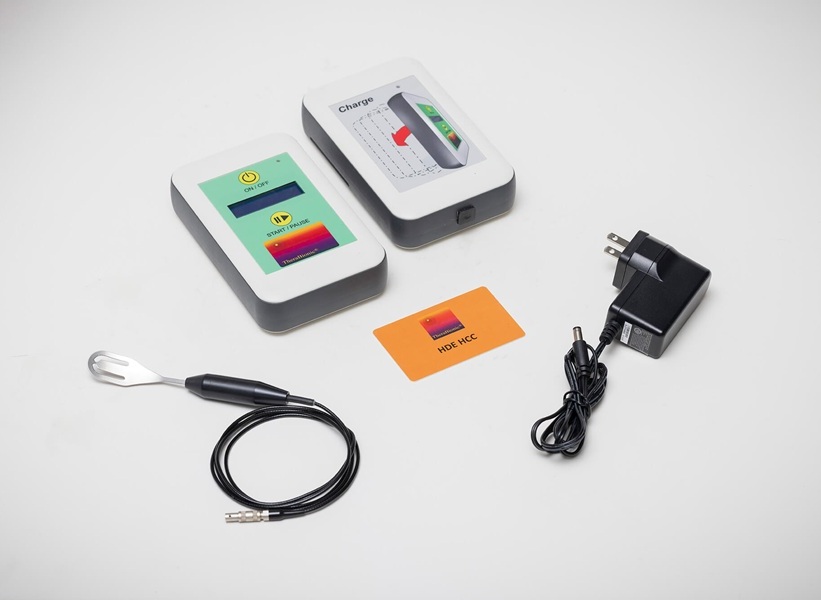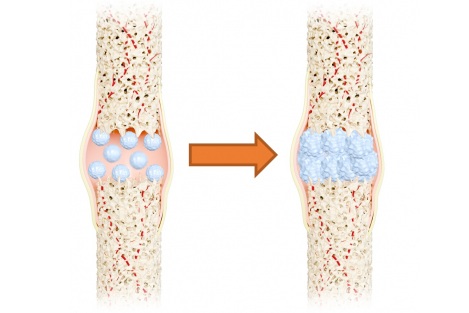Latest EHR Systems Target Smaller Healthcare Facilities
|
By HospiMedica International staff writers Posted on 16 Mar 2017 |
New minimalist electronic health record (EHR) systems will feature lower prices, but will also provide less functionality.
The latest EHR systems from Epic, which are currently under development, will come with lower price tags and will target smaller healthcare providers that have not traditionally been within the company’s orbit. The two new Epic platforms are the Utility EHR, a moderately smaller version of the larger Epic ecosystem (which the company now refers to as All Terrain), and the Sonnet EHR, a more significantly slimmed-down implementation of All Terrain with many fewer modules.
The new product offerings will target critical access hospitals, physician practices, and post-acute care facilities, such as rehabilitation hospitals, and will include data analytics and population health modules. Users of the Sonnet system will have an optional upgrade path to the larger Utility and All Terrain EHR systems. Larger health systems will also be able to install Sonnet in a section of their systems while using a configuration of the larger All Terrain offering in the rest of their network.
“The features that would be removed would be things that other major EHR vendors already don't have, so you won't really be missing anything. What that allows us to do is have a shorter implementation, reduce maintenance, and also have a lower price point,” said Adam Whitlatch, director of research and development at Epic. “It's still the same Epic. It's still the same fully integrated, inpatient-outpatient system with revenue cycle management, patient portal, and [it's] still based on the patient being at the heart of the system.”
The 2009 American Reinvestment & Recovery Act (ARRA) included many measures to encourage and promote the modernization of healthcare infrastructure, one of which was the Health Information Technology for Economic and Clinical Health (HITECH) Act. ARRA set aside nearly USD 20 billion in incentives for hospitals and physicians who adopt qualified, certified EHRs with the ability to exchange information with other sources, which was defined conceptually as meaningful use (MU).
The latest EHR systems from Epic, which are currently under development, will come with lower price tags and will target smaller healthcare providers that have not traditionally been within the company’s orbit. The two new Epic platforms are the Utility EHR, a moderately smaller version of the larger Epic ecosystem (which the company now refers to as All Terrain), and the Sonnet EHR, a more significantly slimmed-down implementation of All Terrain with many fewer modules.
The new product offerings will target critical access hospitals, physician practices, and post-acute care facilities, such as rehabilitation hospitals, and will include data analytics and population health modules. Users of the Sonnet system will have an optional upgrade path to the larger Utility and All Terrain EHR systems. Larger health systems will also be able to install Sonnet in a section of their systems while using a configuration of the larger All Terrain offering in the rest of their network.
“The features that would be removed would be things that other major EHR vendors already don't have, so you won't really be missing anything. What that allows us to do is have a shorter implementation, reduce maintenance, and also have a lower price point,” said Adam Whitlatch, director of research and development at Epic. “It's still the same Epic. It's still the same fully integrated, inpatient-outpatient system with revenue cycle management, patient portal, and [it's] still based on the patient being at the heart of the system.”
The 2009 American Reinvestment & Recovery Act (ARRA) included many measures to encourage and promote the modernization of healthcare infrastructure, one of which was the Health Information Technology for Economic and Clinical Health (HITECH) Act. ARRA set aside nearly USD 20 billion in incentives for hospitals and physicians who adopt qualified, certified EHRs with the ability to exchange information with other sources, which was defined conceptually as meaningful use (MU).
Channels
Critical Care
view channel
Origami Robots to Deliver Medicine Less Invasively and More Effectively
Delivering medicine to ulcers or other internal sites often requires invasive procedures that can disrupt surrounding tissues and lengthen recovery times. Traditional magnetic actuators used in soft robotics... Read more
Improved Cough-Detection Technology Aids Health Monitoring
Coughing serves as an important biomarker for tracking a variety of conditions and can help monitor the progress of respiratory diseases or predict when someone’s asthma is being exacerbated.... Read moreSurgical Techniques
view channel
Novel Glue Prevents Complications After Breast Cancer Surgery
Seroma and prolonged lymphorrhea are among the most common complications following axillary lymphadenectomy in breast cancer patients. These postoperative issues can delay recovery and postpone the start... Read more
Breakthrough Brain Implant Enables Safer and More Precise Drug Delivery
Delivering medication directly to specific regions of the brain has long been a major challenge in treating neurological disorders. Current implants and infusion systems typically reach only one or two... Read morePatient Care
view channel
Revolutionary Automatic IV-Line Flushing Device to Enhance Infusion Care
More than 80% of in-hospital patients receive intravenous (IV) therapy. Every dose of IV medicine delivered in a small volume (<250 mL) infusion bag should be followed by subsequent flushing to ensure... Read more
VR Training Tool Combats Contamination of Portable Medical Equipment
Healthcare-associated infections (HAIs) impact one in every 31 patients, cause nearly 100,000 deaths each year, and cost USD 28.4 billion in direct medical expenses. Notably, up to 75% of these infections... Read more
Portable Biosensor Platform to Reduce Hospital-Acquired Infections
Approximately 4 million patients in the European Union acquire healthcare-associated infections (HAIs) or nosocomial infections each year, with around 37,000 deaths directly resulting from these infections,... Read moreFirst-Of-Its-Kind Portable Germicidal Light Technology Disinfects High-Touch Clinical Surfaces in Seconds
Reducing healthcare-acquired infections (HAIs) remains a pressing issue within global healthcare systems. In the United States alone, 1.7 million patients contract HAIs annually, leading to approximately... Read moreBusiness
view channel
Philips and Masimo Partner to Advance Patient Monitoring Measurement Technologies
Royal Philips (Amsterdam, Netherlands) and Masimo (Irvine, California, USA) have renewed their multi-year strategic collaboration, combining Philips’ expertise in patient monitoring with Masimo’s noninvasive... Read more
B. Braun Acquires Digital Microsurgery Company True Digital Surgery
The high-end microsurgery market in neurosurgery, spine, and ENT is undergoing a significant transformation. Traditional analog microscopes are giving way to digital exoscopes, which provide improved visualization,... Read more
CMEF 2025 to Promote Holistic and High-Quality Development of Medical and Health Industry
The 92nd China International Medical Equipment Fair (CMEF 2025) Autumn Exhibition is scheduled to be held from September 26 to 29 at the China Import and Export Fair Complex (Canton Fair Complex) in Guangzhou.... Read more














